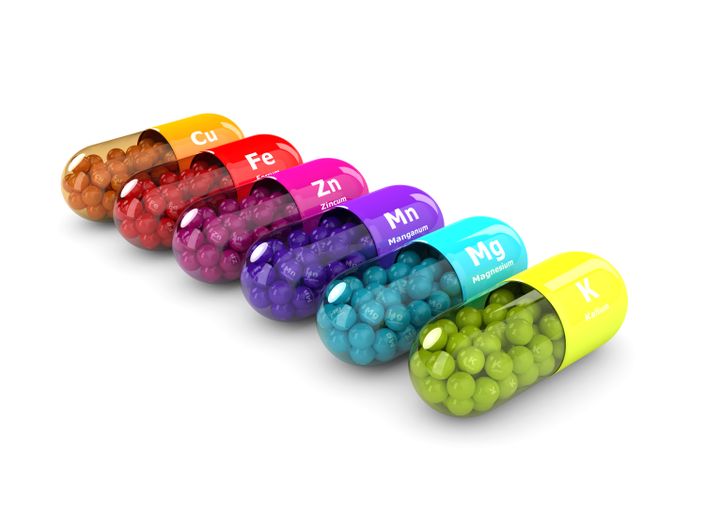
Supplements & Nutraceuticals
Unique Nutritional Requirements for People with Parkinsonism
Watch Promo
In this first section, we'll talk about assessment of nutritional status and identification of deficiencies. How do you know when you're low?
Part 2 will go over all the supplements that are associated with slower rate of PD progression according to our data (glutathione, fish oil, and coenzyme Q10). I'll talk about why I think this makes sense, and my typical recommendations for doses and delivery.
In Part 3, I'll talk about the supplements I find myself using most often in clinic (B12, melatonin, curcumin, folate, lithium, vitamin C, etc.) I'll discuss when I use them, why, and what my experience has been.
"This information is Awesome, I am so fortunate to find this method of treatment and be guided by a professional who cares about her patients success."
"Dr. Mischley, This was very informative. Thank You!"
"Dr. Mischley, Thank you for taking a confusing subject and breaking it down into a simpler format. You are helping to put some of the control back in the patients hands by informing us of things that may not be discussed in detail by our physician."
Your Instructor

Laurie Mischley studied naturopathic medicine (ND) at Bastyr University and epidemiology (MPH) and nutritional sciences (PhD) at the University of Washington. Her work is focused on identifying the nutritional requirements unique to individuals with neurodegenerative diseases. She has published on coenzyme Q10, lithium, and glutathione deficiency in Parkinson’s Disease (PD).
For the past decade, she has been lead investigator of the Modifiable Variables in Parkinsonism (MVP) Study (www.MVP-Study.com), a global observational study designed to describe the secret(s) to success in a real-world population.
She has maintained a clinical practice in Seattle for over two decades, caring for thousands of patients with Parkinsonism.
